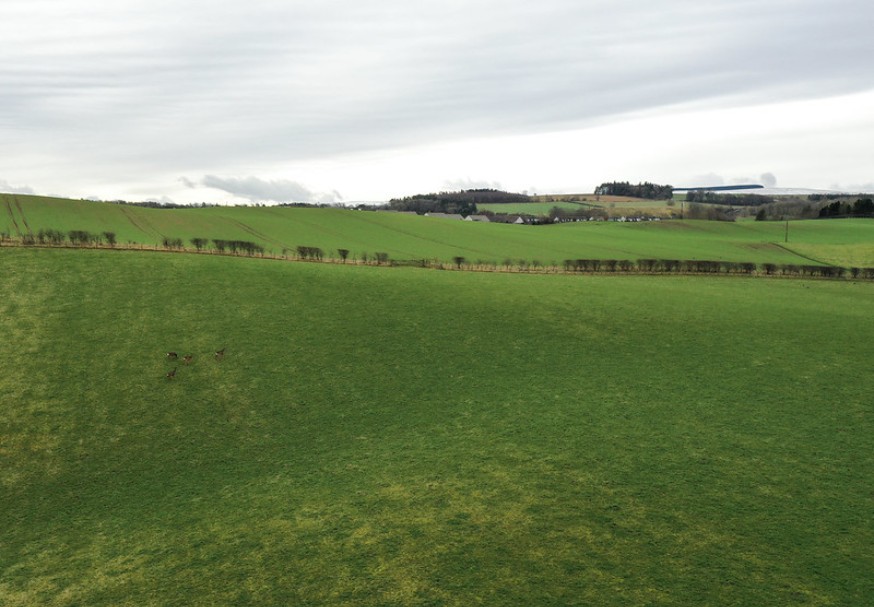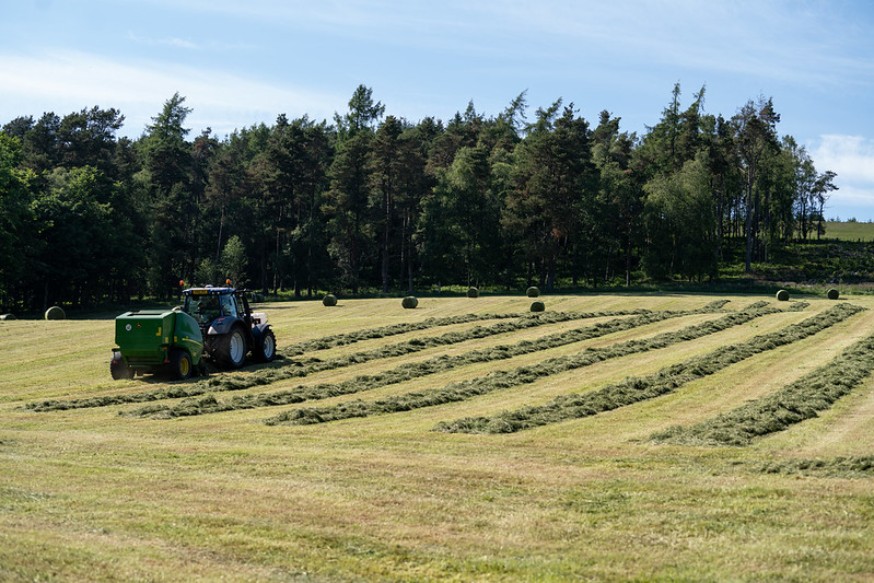Notice: Russell House in Ayr and the RPID office in Stornoway are currently closed to both Scottish Government staff and visitors.
Galashiels RPID office will be closed to the public from 16-18 July 2025.
News
-

Agricultural Household Survey launches - 7 July
This summer the Scottish Government is sharing the Agricultural Household Survey direct to your inbox or through your door.
-

Fruit and Vegetables Aid Scheme Consultation Launched. - 27 June
Fruit and Vegetables Aid Scheme consultation launched
-

Future Farming Investment Scheme - 19 June
Applications for £14 million fund to open in July.


